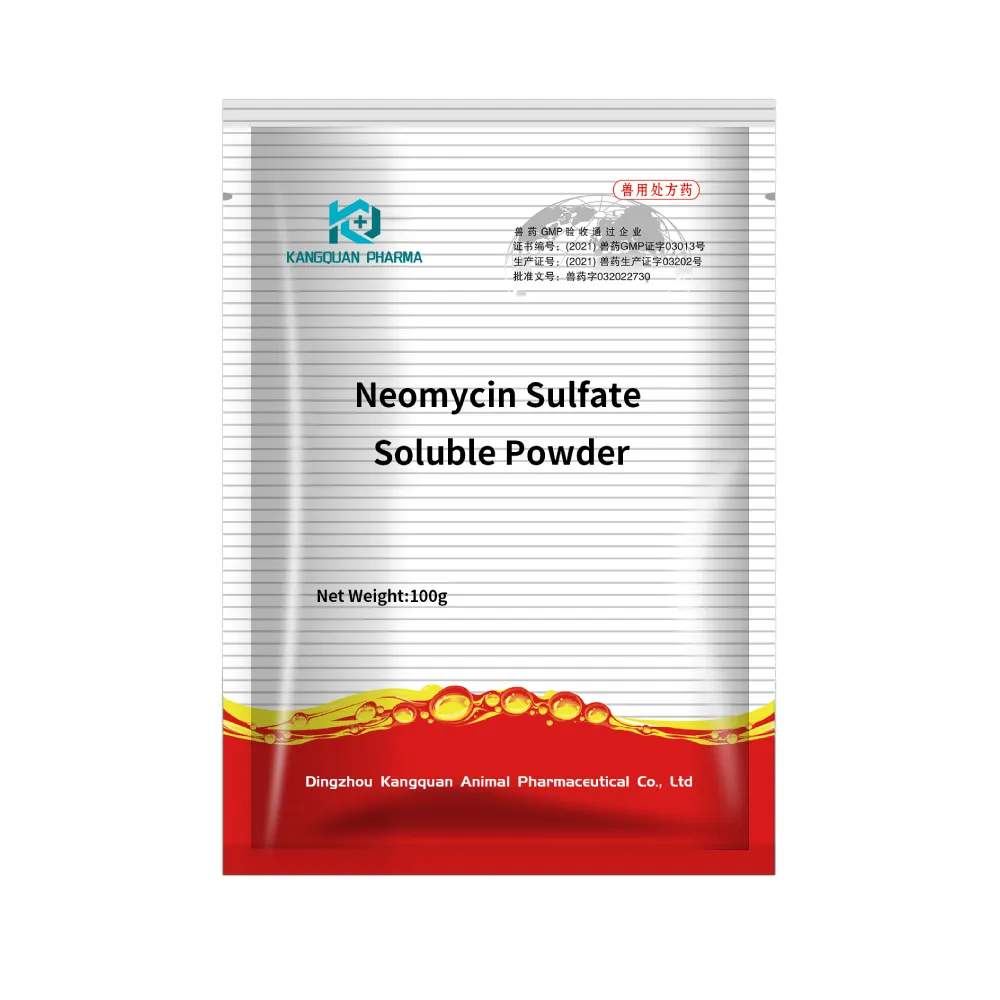- Afrikaans
- Albanian
- Amharic
- Arabic
- Armenian
- Azerbaijani
- Basque
- Belarusian
- Bengali
- Bosnian
- Bulgarian
- Catalan
- Cebuano
- Corsican
- Croatian
- Czech
- Danish
- Dutch
- English
- Esperanto
- Estonian
- Finnish
- French
- Frisian
- Galician
- Georgian
- German
- Greek
- Gujarati
- Haitian Creole
- hausa
- hawaiian
- Hebrew
- Hindi
- Miao
- Hungarian
- Icelandic
- igbo
- Indonesian
- irish
- Italian
- Japanese
- Javanese
- Kannada
- kazakh
- Khmer
- Rwandese
- Korean
- Kurdish
- Kyrgyz
- Lao
- Latin
- Latvian
- Lithuanian
- Luxembourgish
- Macedonian
- Malgashi
- Malay
- Malayalam
- Maltese
- Maori
- Marathi
- Mongolian
- Myanmar
- Nepali
- Norwegian
- Norwegian
- Occitan
- Pashto
- Persian
- Polish
- Portuguese
- Punjabi
- Romanian
- Russian
- Samoan
- Scottish Gaelic
- Serbian
- Sesotho
- Shona
- Sindhi
- Sinhala
- Slovak
- Slovenian
- Somali
- Spanish
- Sundanese
- Swahili
- Swedish
- Tagalog
- Tajik
- Tamil
- Tatar
- Telugu
- Thai
- Turkish
- Turkmen
- Ukrainian
- Urdu
- Uighur
- Uzbek
- Vietnamese
- Welsh
- Bantu
- Yiddish
- Yoruba
- Zulu
10 月 . 10, 2024 01:26 Back to list
Administering Injectable Ivomec for Effective Cattle Parasite Control and Management Strategies
Injectable Ivomec for Cattle An Overview
Injectable Ivomec, also known as ivermectin, is a crucial veterinary medicine used in the cattle industry for the effective control of a variety of parasitic infections. As a broad-spectrum antiparasitic agent, Ivomec is primarily employed to eliminate both internal and external parasites in cattle, which can significantly improve their health, productivity, and overall welfare.
The Importance of Parasite Control
Cattle are often susceptible to a range of parasites that can lead to serious health issues, affecting not just the animals but also the economics of cattle farming. Internal parasites, such as roundworms and lungworms, can cause significant weight loss, reduced milk production, and overall poor growth rates. External parasites, including ticks and mites, can lead to skin irritations, stress responses, and can even transmit zoonotic diseases. This makes the effective management of these parasites essential for livestock health.
How Injectable Ivomec Works
Ivomec works by affecting the nervous system of the parasites. It activates glutamate-gated chloride channels, leading to paralysis and death of the parasites. This mechanism allows for the rapid elimination of infestations. Injectable Ivomec is typically administered either subcutaneously or intramuscularly, which ensures swift absorption into the bloodstream, providing a reliable and effective means of treatment.
Dosage and Administration
Proper dosage and administration of Injectable Ivomec are crucial for its effectiveness. The recommended dosage is typically 1 mL per 50 kg of body weight in cattle. However, it’s essential to consult a veterinarian for specific recommendations based on the herd’s individual needs and health status. Overdosing can lead to toxicity, while underdosing may result in ineffective treatment, allowing the parasitic population to survive and potentially develop resistance.
injectable ivomec for cattle

Benefits of Injectable Ivomec
The use of Injectable Ivomec offers numerous advantages. Firstly, it provides a convenient one-time treatment option that can protect cattle from parasites for an extended period. This long-lasting effect reduces the frequency of treatments needed, helping ranchers manage their time and resources more effectively. Secondly, Ivomec has a low toxicity profile, which contributes to the safety of its use in cattle when administered correctly.
Moreover, Injectable Ivomec is considered relatively safe for pregnant and breeding cattle, making it a versatile choice in managing the health of a diverse herd.
Resistance and Resistance Management
One of the challenges faced by cattle producers is the development of resistance to antiparasitic treatments. To mitigate this issue, it is essential to rotate antiparasitic products and combine methods of control, including pasture management and the use of biological control agents. This integrated approach helps maintain the efficacy of treatments like Injectable Ivomec and protects cattle from diminishing returns due to resistant parasite populations.
Conclusion
Injectable Ivomec plays a vital role in the health management of cattle by effectively controlling parasitic infections. Its ease of administration and effectiveness provide a substantial benefit to cattle producers aiming to enhance their livestock's productivity and welfare. However, it is imperative to adopt responsible management practices to ensure the long-term efficacy of this essential veterinary medication in the fight against cattle parasites.
-
The Power of Radix Isatidis Extract for Your Health and Wellness
NewsOct.29,2024
-
Neomycin Sulfate Soluble Powder: A Versatile Solution for Pet Health
NewsOct.29,2024
-
Lincomycin Hydrochloride Soluble Powder – The Essential Solution
NewsOct.29,2024
-
Garamycin Gentamicin Sulfate for Effective Infection Control
NewsOct.29,2024
-
Doxycycline Hyclate Soluble Powder: Your Antibiotic Needs
NewsOct.29,2024
-
Tilmicosin Premix: The Ultimate Solution for Poultry Health
NewsOct.29,2024













